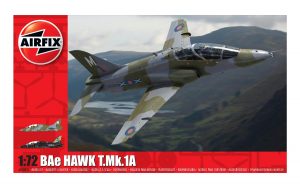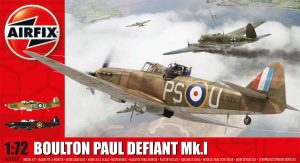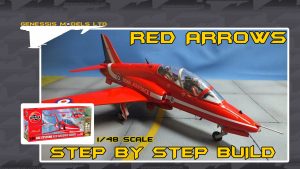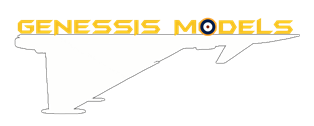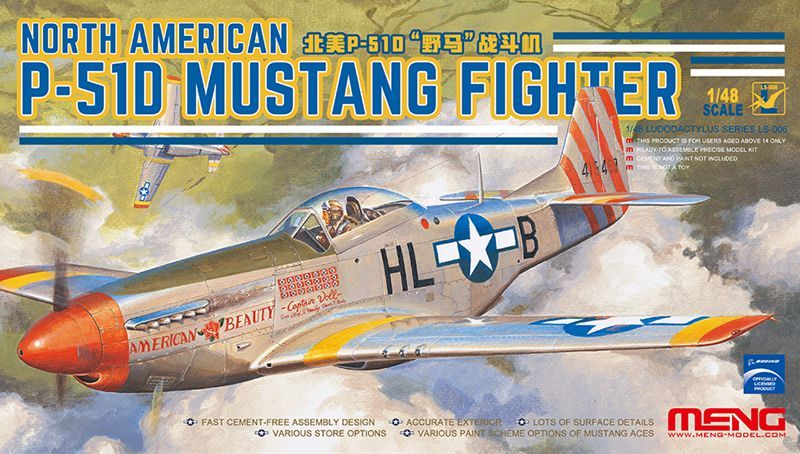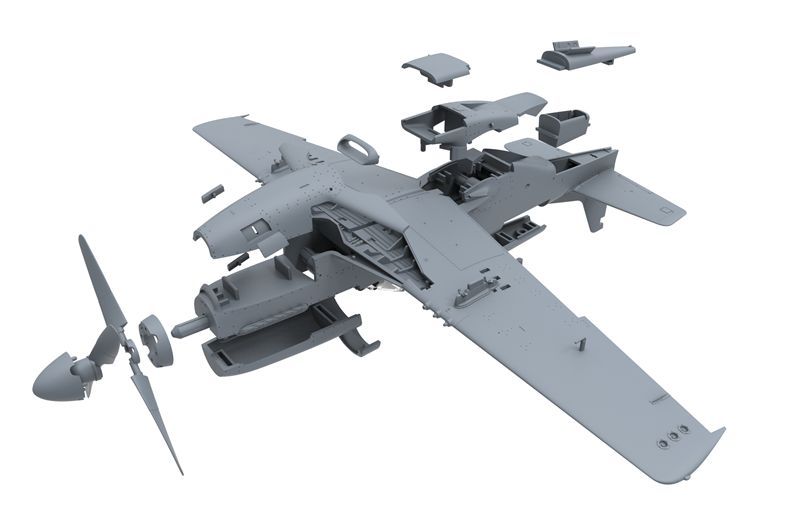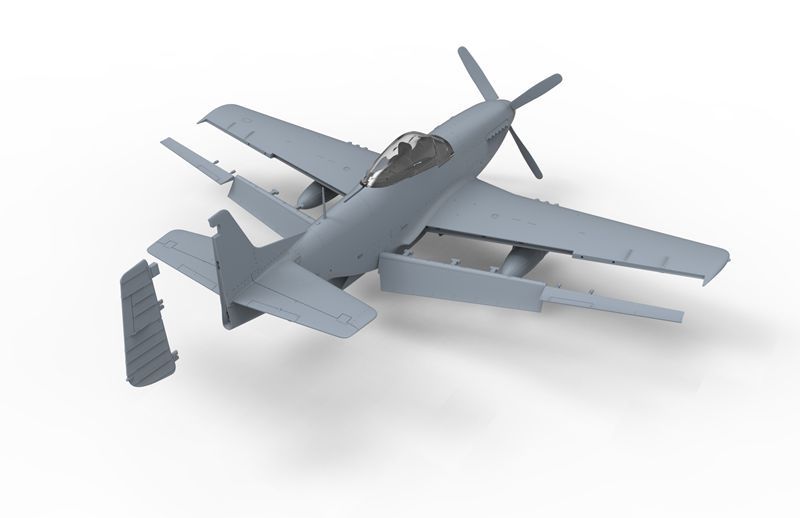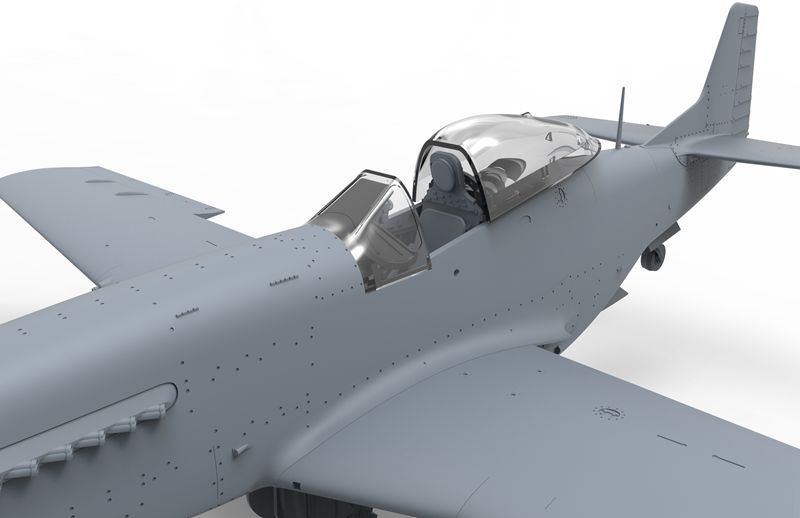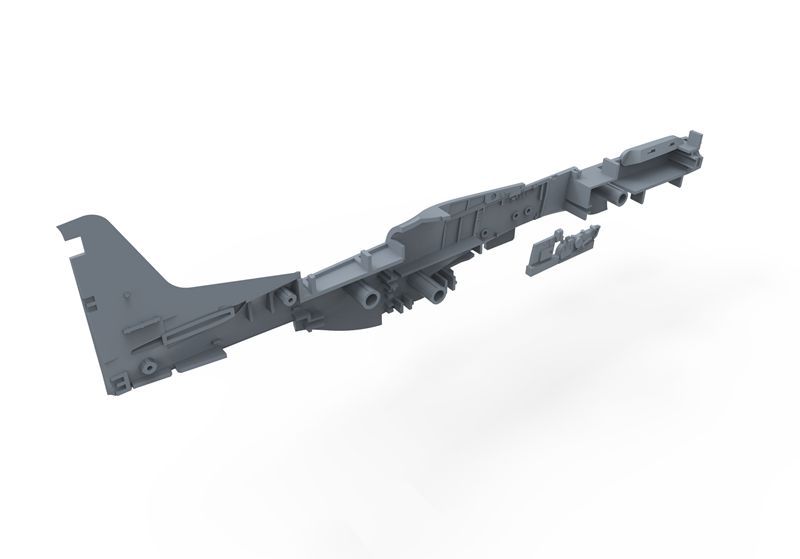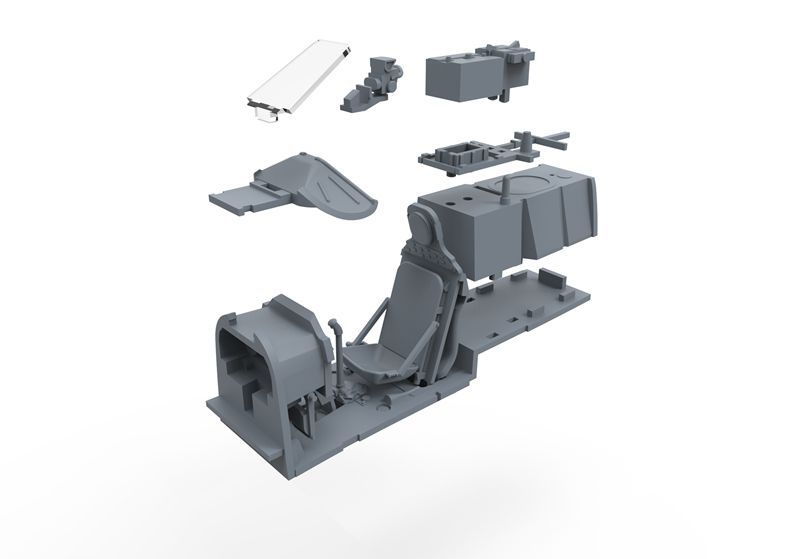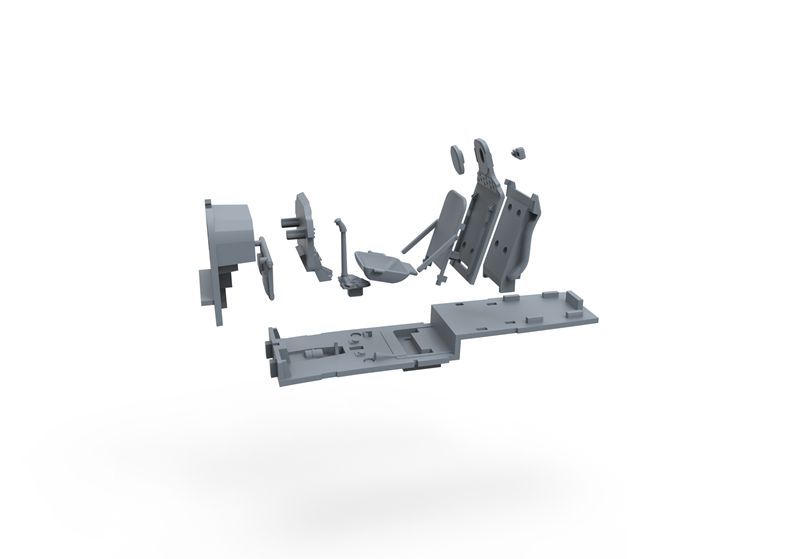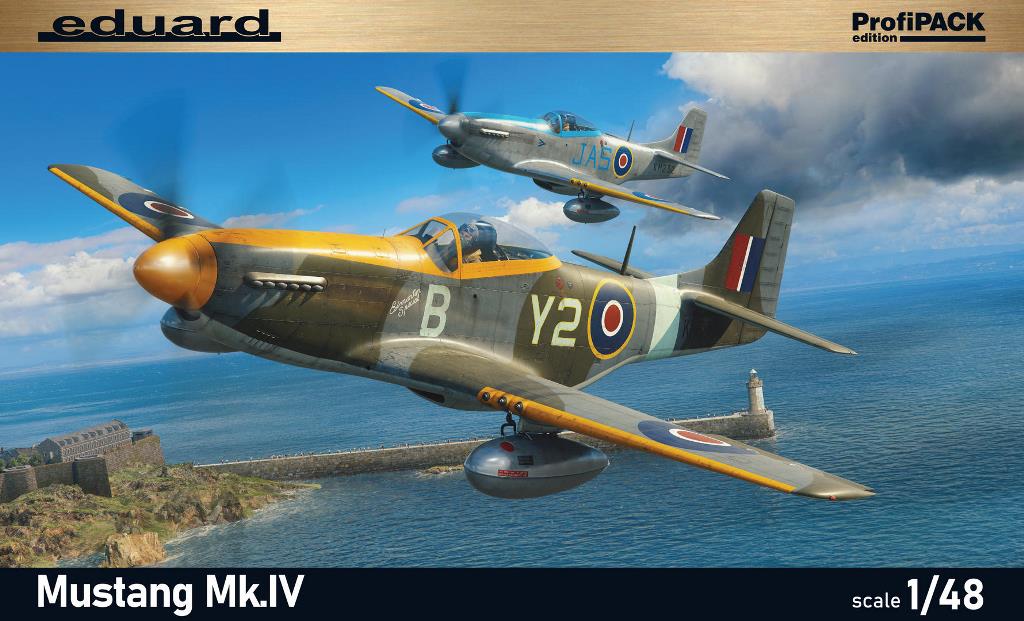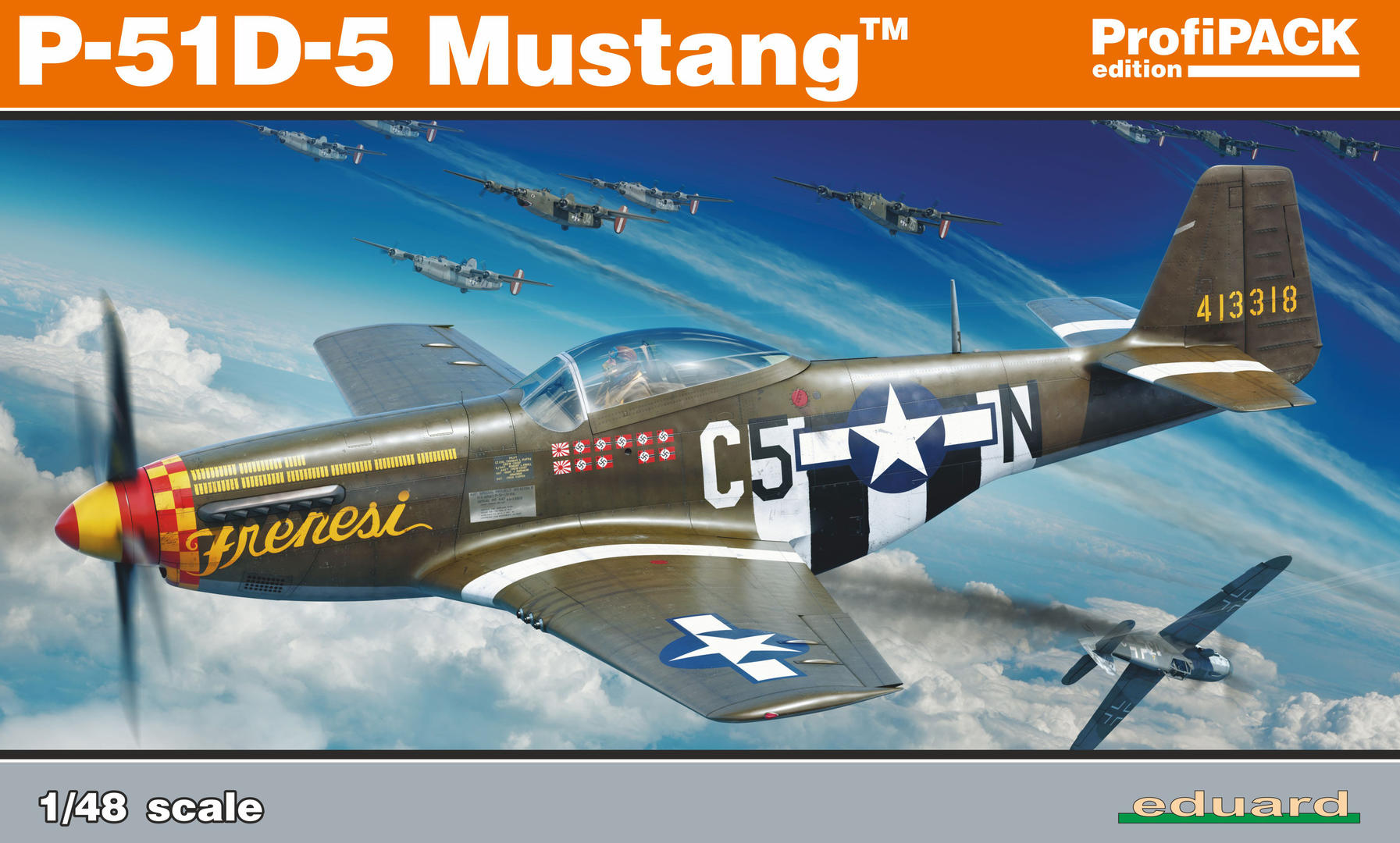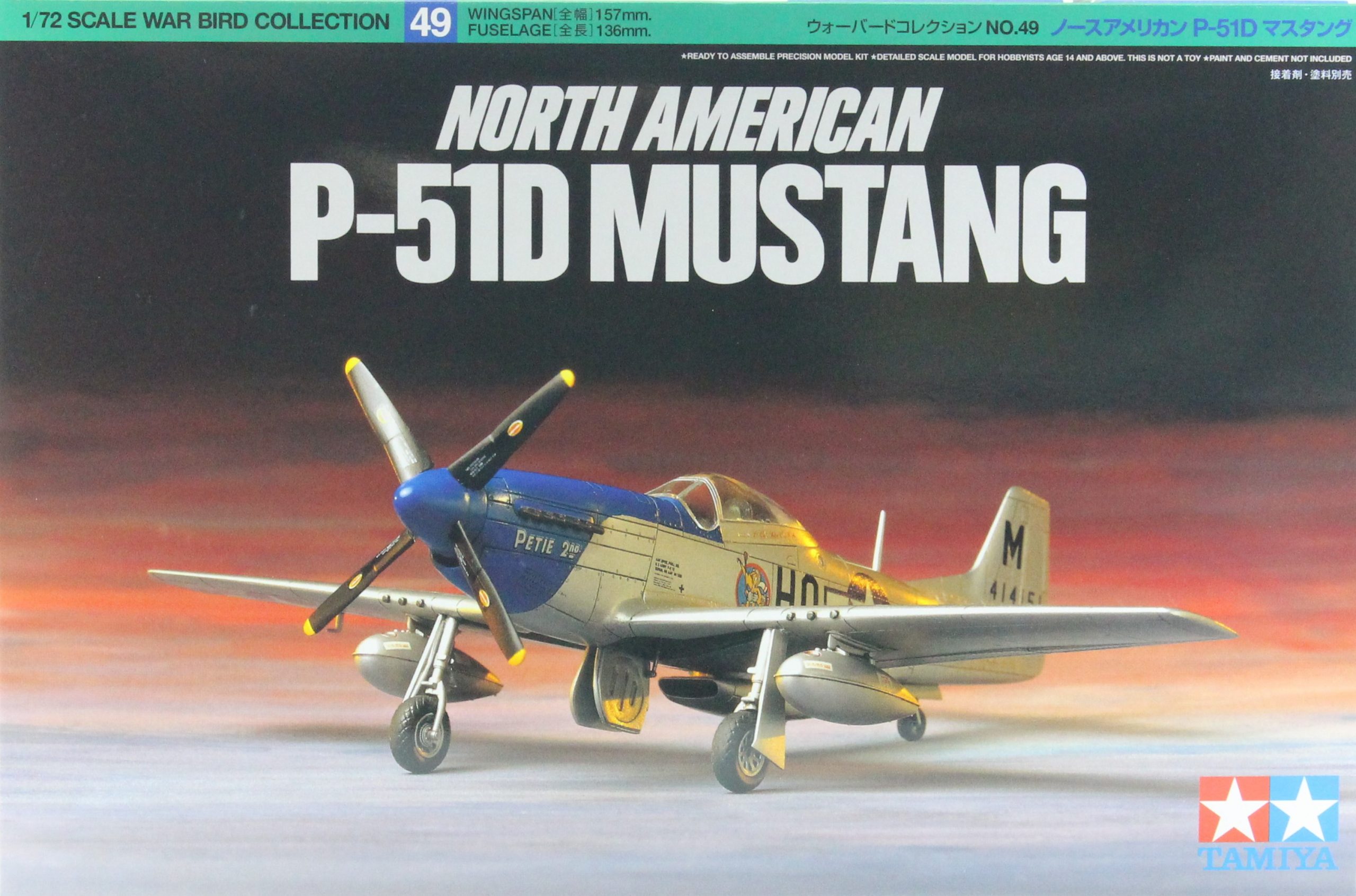The North American Aviation P-51 Mustang is an American long-range, single-seat fighter and fighter-bomber used during World War II and the Korean War, among other conflicts. The Mustang was designed in April 1940 by a team headed by James H. Kindelberger of North American Aviation (NAA) in response to a requirement of the British Purchasing Commission. The commission approached NAA to build Curtiss P-40 fighters and the newer P-46 under license for the Royal Air Force (RAF). Rather than build an old design from another company, NAA proposed the design and production of a more modern fighter. The prototype NA-73X airframe was rolled out on 9 September 1940, 102 days after the contract was signed, and first flew on 26 October.[5]
The Mustang was designed to use the Allison V-1710 engine without an export-sensitive turbosupercharger[6] or a multi-stage supercharger, resulting in limited high-altitude performance. The aircraft was first flown operationally and very successfully by the RAF and as a tactical-reconnaissance aircraft and fighter-bomber (Mustang Mk I). In mid 1942, Rolls Royce replaced the Allison with a Rolls-Royce Merlin 65, two-stage intercooled supercharged engine, resulting in a series of development aircraft known as the Mustang X. During testing at Hucknall , it quickly became clear that this dramatically improved the aircraft’s performance at altitudes above 15,000 ft (4,600 m) (without sacrificing range).[7] Following receipt of the test results and after further flights by a number of USAAF pilots, the results were so positive that North American began work on converting several aircraft and these were developed into the P-51B/C (Mustang Mk III) model, which became the first long range fighter to be able to compete with the Luftwaffe‘s fighters.[8] The definitive version, the P-51D, was powered by the Packard V-1650-7, a license-built version of the two-speed, two-stage-supercharged Merlin 66, and was armed with six .50 caliber (12.7 mm) AN/M2 Browning machine guns.[9]
From late 1943, P-51Bs and P-51Cs (supplemented by P-51Ds from mid-1944) were used by the USAAF’s Eighth Air Force to escort bombers in raids over Germany, while the RAF’s Second Tactical Air Force and the USAAF’s Ninth Air Force used the Merlin-powered Mustangs as fighter-bombers, roles in which the Mustang helped ensure Allied air superiority in 1944.[10] The P-51 was also used by Allied air forces in the North African, Mediterranean, Italian, and Pacific theaters. During World War II, Mustang pilots claimed to have destroyed 4,950 enemy aircraft.[a]
At the start of the Korean War, the Mustang, by then redesignated F-51, was the main fighter of the United States until jet fighters, including North American’s F-86 Sabre, took over this role; the Mustang then became a specialized fighter-bomber. Despite the advent of jet fighters, the Mustang remained in service with some air forces until the early 1980s. After the Korean War, Mustangs became popular civilian warbirds and air racing aircraft.
![1/72 Warbird Collection No.86 1/72 Lockheed Martin® F-16®CJ [BLOCK50] Fighting Falcon® Item No: 60786](https://www.genessis-models.co.uk/wp-content/uploads/2021/02/60786-300x197.jpg)
